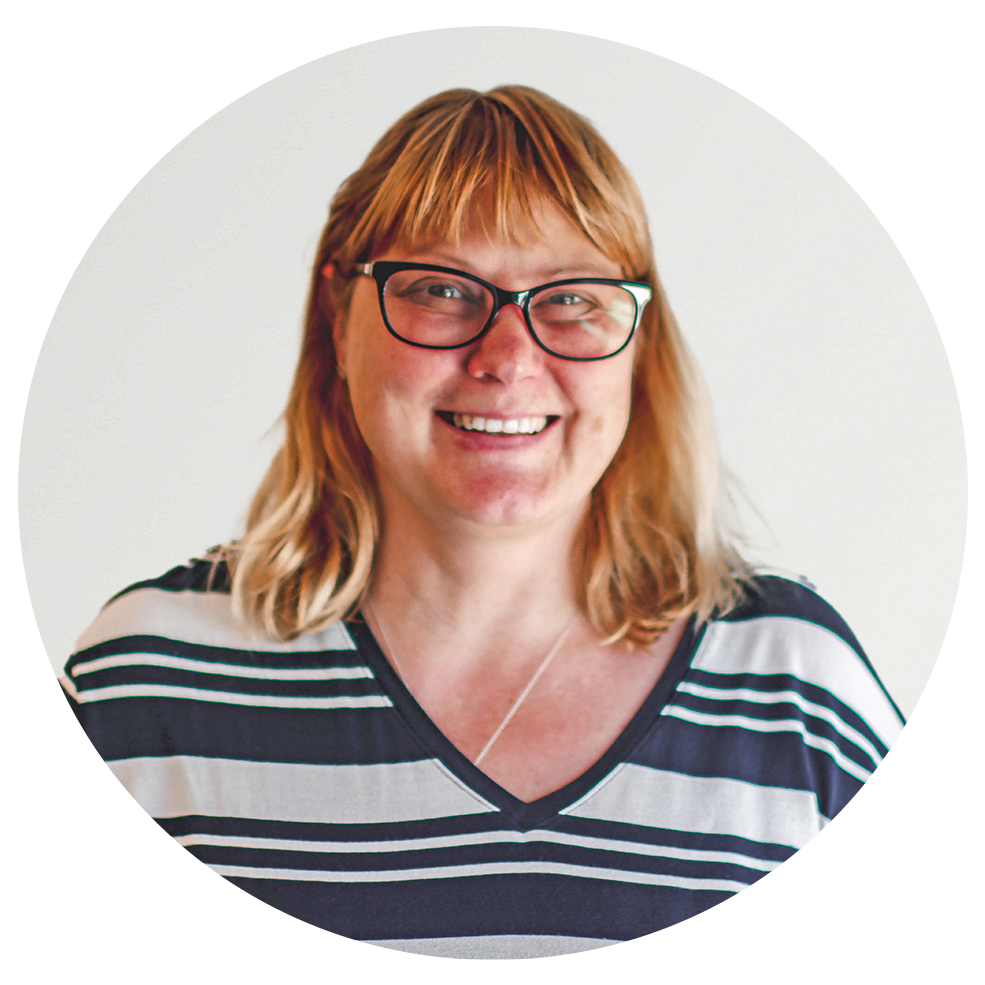Postural management: Exploring solutions
Based on the principles of postural management, Jenny provides some solutions to complex posture management needs.
Learning Outcomes
- Increase confidence in interpreting the outcome of a postural assessment into client centred therapeutic goals
- Develop confidence in testing out solutions for the difficulties highlighted from assessment
- Increase awareness of potential solutions for specific postural limitations
- Increase awareness of the range of Accora products that can be used to meet some of these postural needs
Meet our Experts

Jenny is a senior occupational therapist. She qualified in 1997 and completed her MSc in Neuro-rehabilitation in 2007. She has worked in Neurological Rehabilitation at the Battle Hospital in Reading, and the Rivermead Rehabilitation Centre in Oxford which became part of the Oxford Centre for Enablement in 2000. She moved into the Specialist Disability Service at the OCE from where she joined the Oxford MND Centre in January 2007.
Since August 2009 Jenny has been funded full-time by the Motor Neurone Disease (MND) Association to develop NHS wheelchair services across the UK, to improve wheelchair provision for people living with MND.
People who watched this also watched...
How can we make single handed care a more realistic and efficient option?
In this webinar, Kay James will use case scenarios and videoed practical solutions to show how single carer handling can be implemented and discuss how to tackle some of the common barriers.
Prescribing seating for cognitively impaired users: exploring the risks
When prescribing seating, our aim is to meet the needs of the service user by prescribing a chair that will provide the right level of support, enable safe, easier assisted or independent transfers, reduce risk of pressure injuries and enable them to obtain and maintain a good sitting posture in the provided chair. However when a service user has a cognitive impairment and has poor risk awareness, additional risks are present. In this session we aim to outline some of these possible additional risks and how to overcome them to ensure the service user and their carers/family remain as safe as possible when the service user is seated in a chair that is there to meet their needs.
Menopause: Is there a role for Occupational Therapy?
With growing awareness and understanding of the menopausal transition that women experience, the question arises: What role can Occupational Therapists play in supporting them? Perimenopause can significantly influence women’s participation in meaningful occupations, daily roles, and routines, and may even challenge their sense of occupational identity. Given their expertise in the value of occupation for health and wellbeing, occupational therapists are uniquely positioned to provide support during this life stage.


